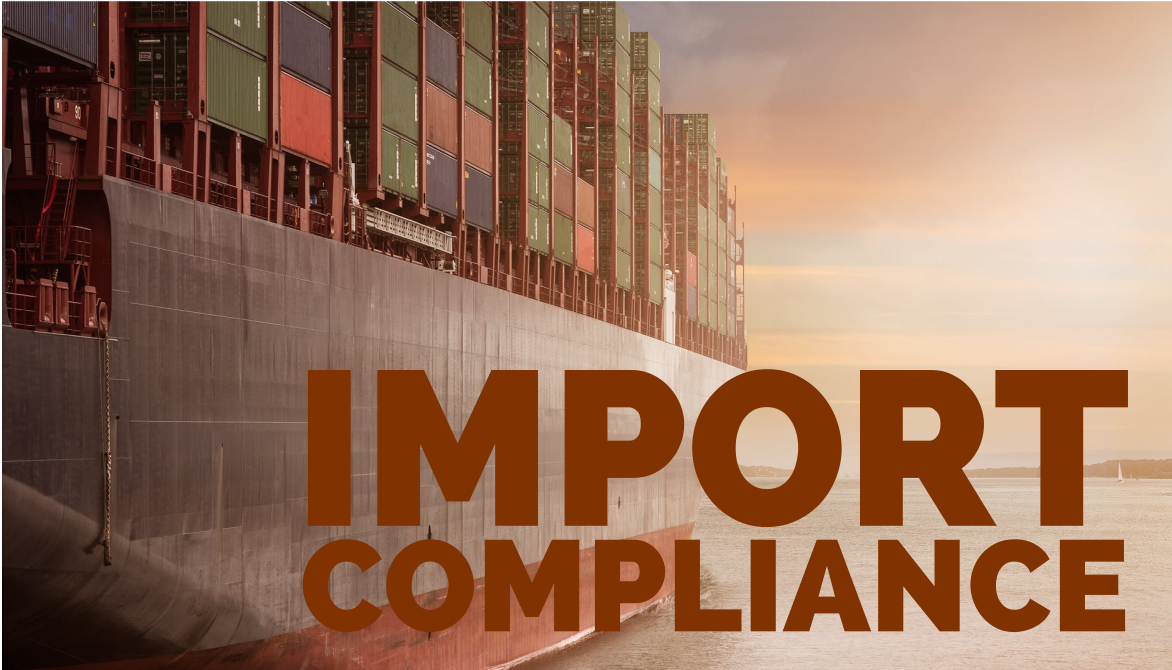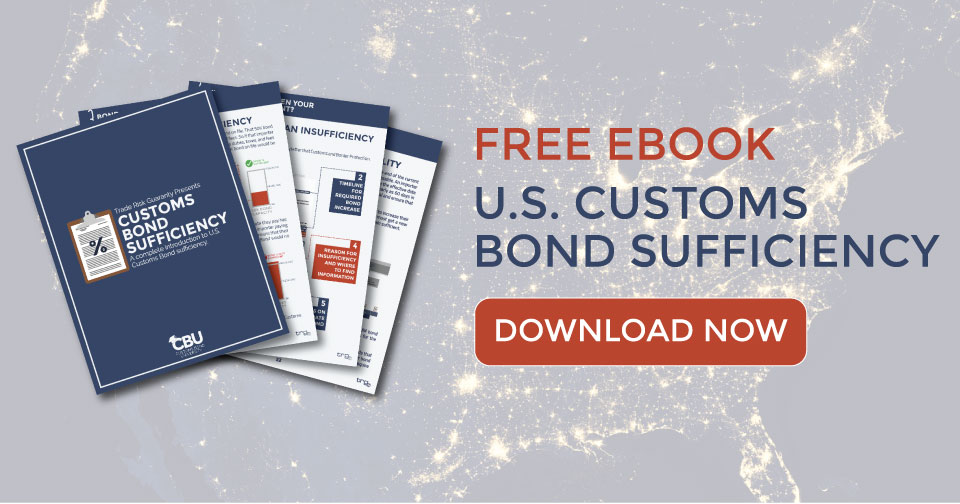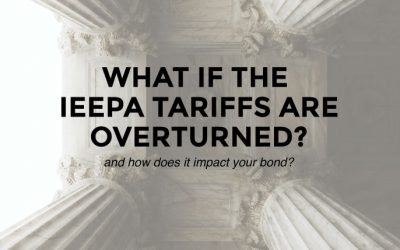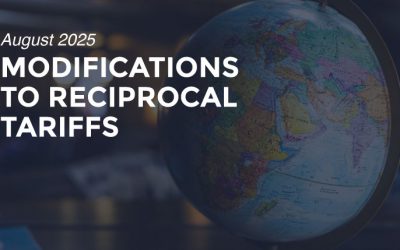Import compliance is one of the most significant issues a modern importer must deal with in their line of work. Let’s learn why it affects nearly every aspect of the importing process.
Keeping track of a complex supply chain and turning a profit from imported goods are difficult enough propositions. Adding compliance to the equation might seem like an impossible challenge, but numerous importing tasks are closely interrelated with and can benefit from compliance guidelines. Many of the compliance-related tasks demanded of importers will actually assist in achieving business goals like profit and supply chain management. Highly compliant importers are often industry leaders, not only because their adherence to import compliance guidelines protects them from substantial fees and penalties, but also because a majority of compliance guidelines work to streamline supply chains and protect importers from perils like bringing unsafe products to market.
There are several facets to import compliance, and each is equally imperative to success. Let’s take a minute to discuss a few.
- US Customs and Border Protection (CBP) – enforces many of the rules that an importer must follow, so we will begin by exploring that organization’s goals, and the controls they enforce. The duties and responsibilities of US Customs and Border Protection have shifted and grown significantly since 9/11. Security and safety of US borders and its citizens has always been a prime concern for CBP, but after the infamous attack on the World Trade Center, security has taken even further precedence. As a result, additional requirements like Importer Security Filing (ISF) have become important compliance requirements for importers to faithfully fulfill. For more detailed information on ISF and ISF compliance, please visit our posts on the subject (“What is ISF” “5 Tips for ISF Success”). Choosing not to comply with ISF requirements can result in hefty fines and even confiscation of goods.
- The Food and Drug Administration (FDA) – is another organization importers must comply with. An importer who does not consider FDA guidelines and requirements will quickly learn the importance of compliance, as non-compliance with FDA regulations can be extremely costly.
Maintaining a highly compliant supply chain through education and careful management can go a long way in keeping a business from crossing into the dark, dangerous, and expensive territory of non-compliance. This is why every importer should audit their compliance quotient, and strive to maintain an excellent rating. There are several sources for information regarding import compliance, and one of the best sources is the International Compliance Professionals Association (ICPA), an organization dedicated to disseminating compliance knowledge. At TRG, we do our best to share the knowledge that will assist our clients and other importers in raising their compliance rating to the highest levels.







![[Webinar] How Could Changes to De Minimis Impact Your Company?](https://traderiskguaranty.com/trgpeak/wp-content/uploads/2025/05/trg-how-de-minimis-impacts-customs-bond-webinar-400x250.png)